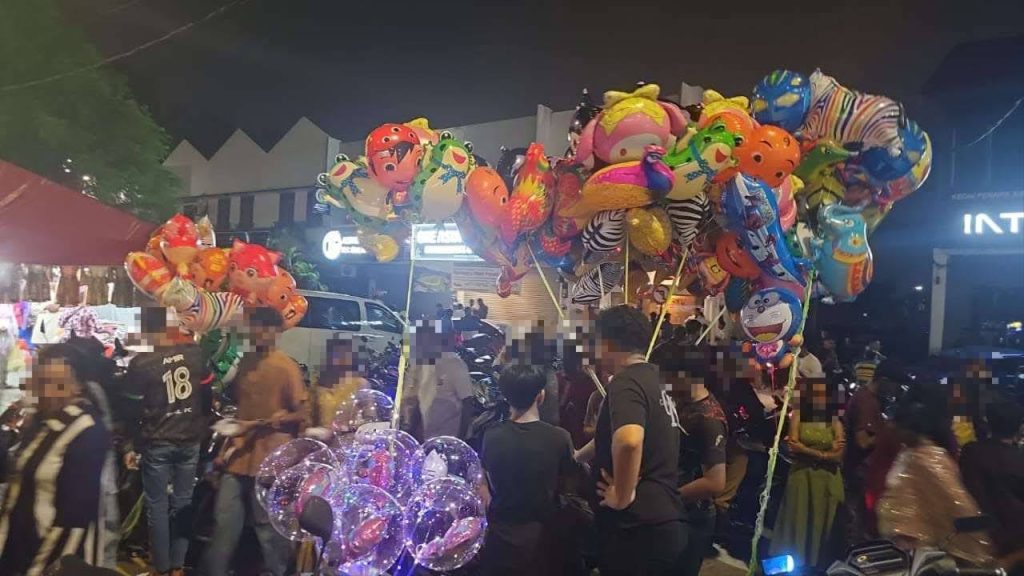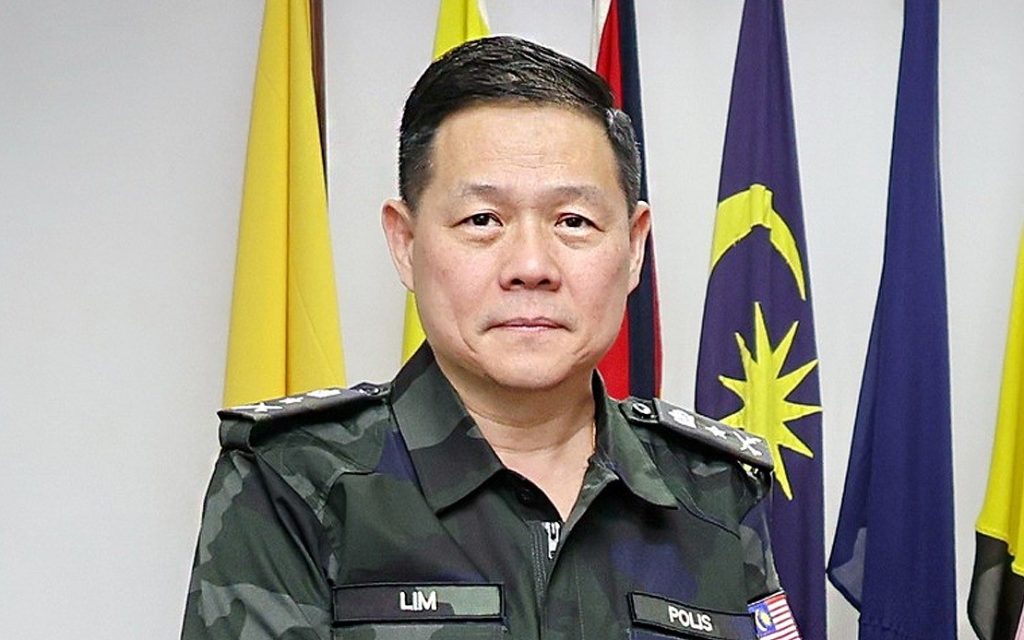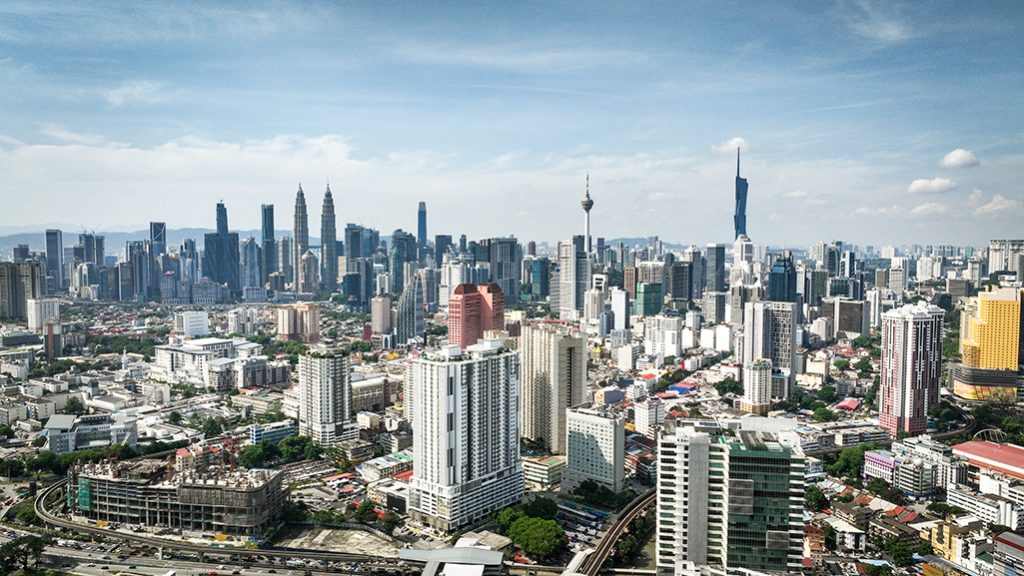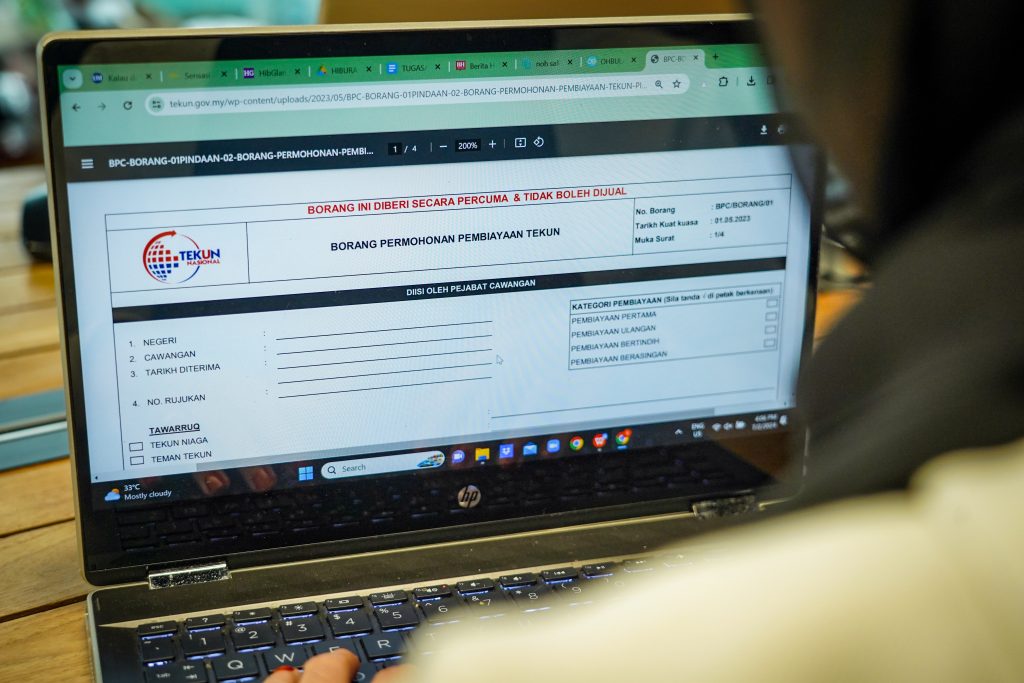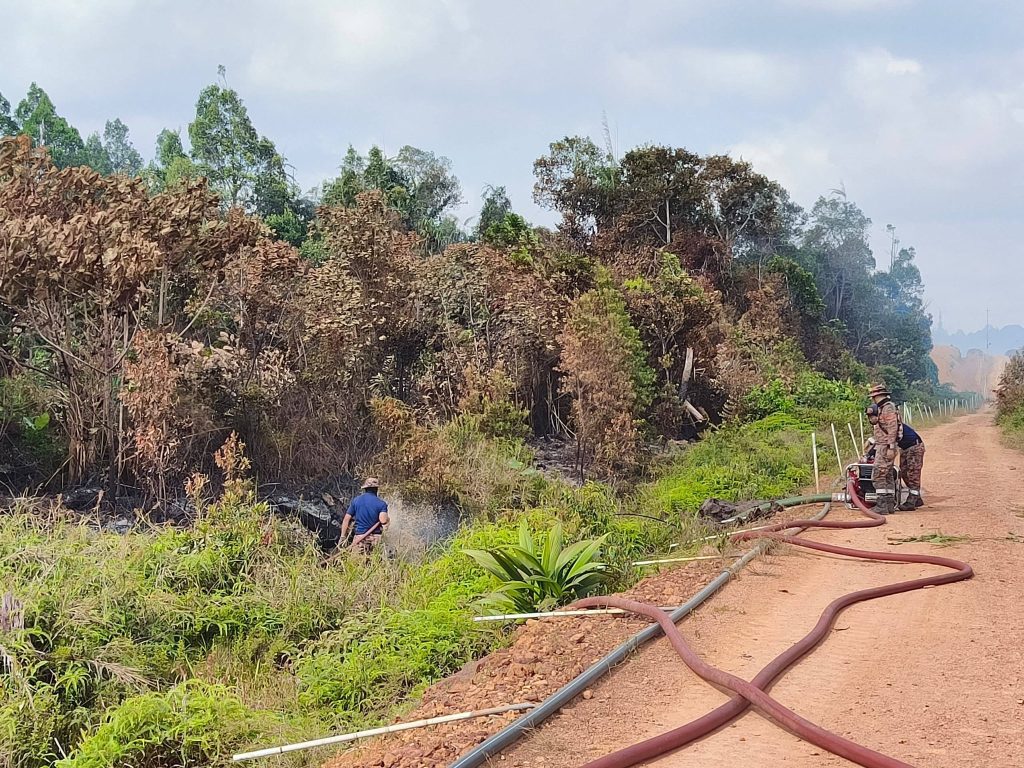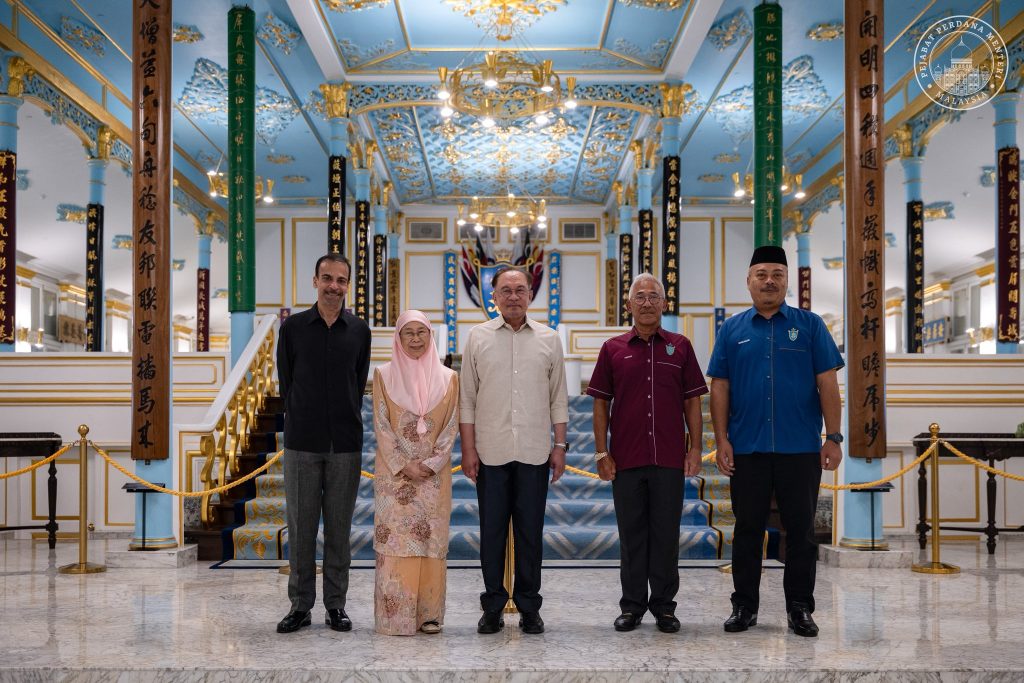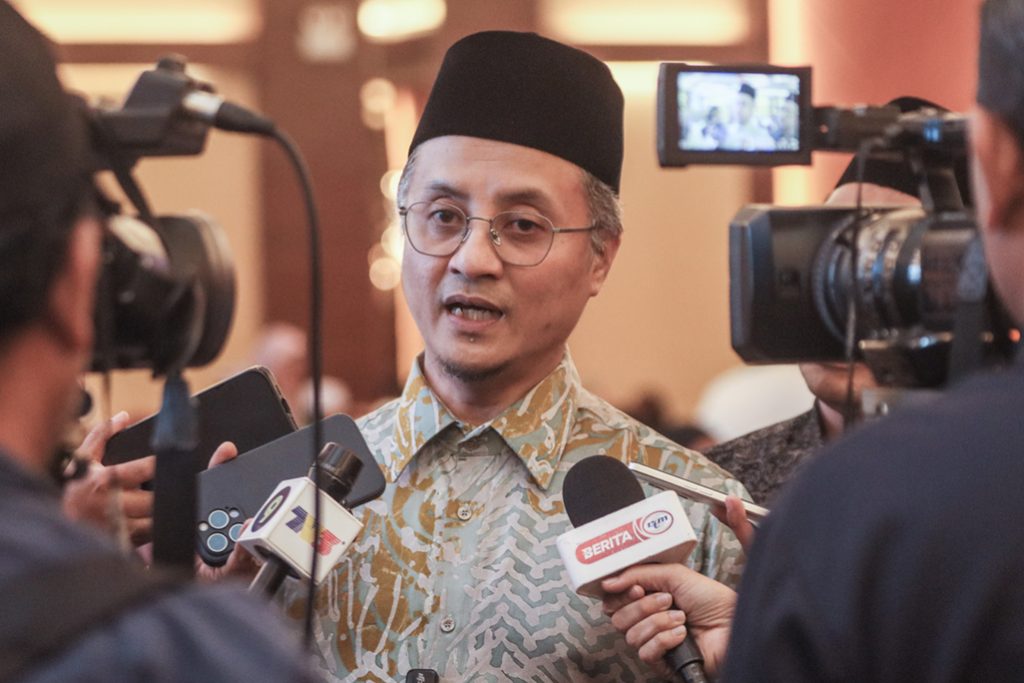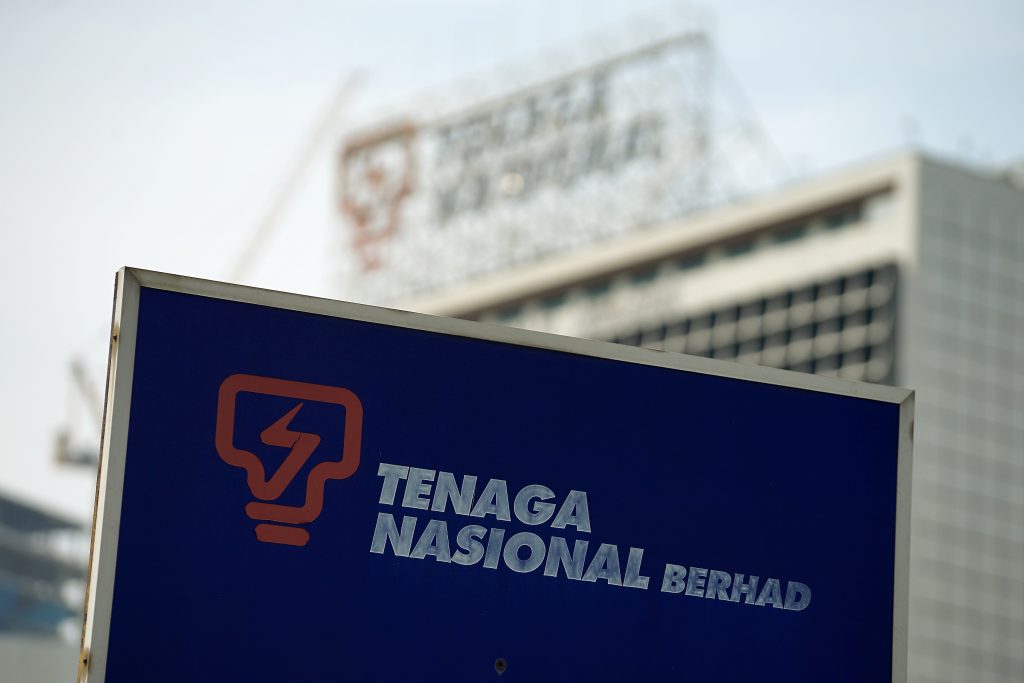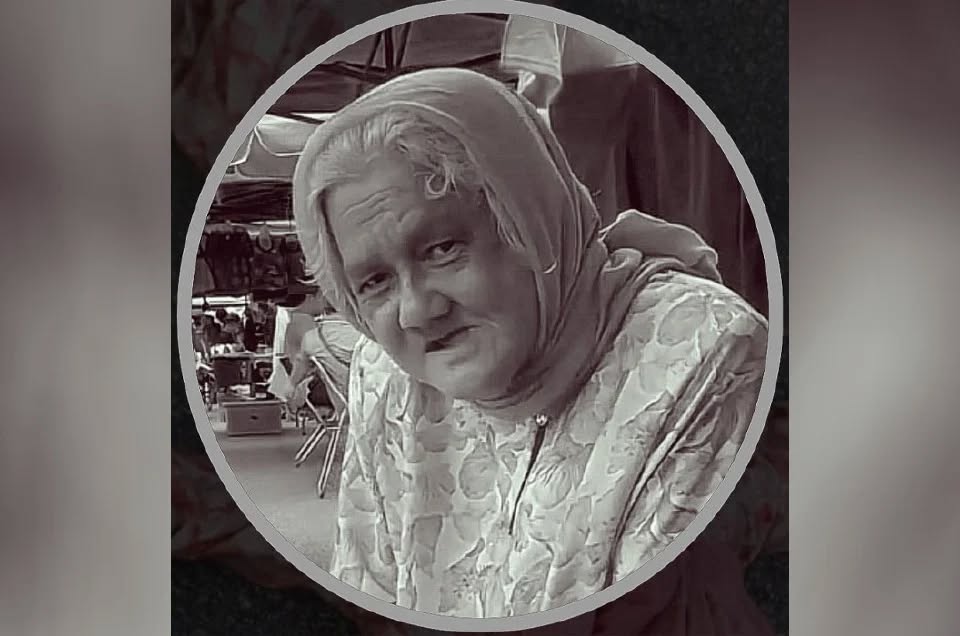Auto Added by WPeMatico

KUALA LUMPUR — The surviving heirs of Sultan Zainal Abidin III have been urged to contact Tengku Ibrahim Sultan Ismail Nasiruddin Shah to facilitate the updating and consolidation of information as part of efforts to claim half of the Cap Zuriat Sungai Mengkuang (CZSM) land reclaimed by the Terengganu state government in 1923.
According to a statement issued by Syariah lawyers Tuan Musa Awang and Wan Abdul Halim Wan Harun, who represent Tengku Ibrahim as the holder of Power of Attorney for the heirs, all surviving heirs are requested to get in touch with Razali Ibrahim at 016-375 2488 or Iwan Yaacob at 011-1019 9339 as soon as possible.
The request follows a Faraid (Tarekah) order issued by the Kuala Terengganu Syariah Lower Court on Jan 4, which confirmed the faraid heirs of the late Sultan Ismail Nasiruddin Shah, one of the sons of Sultan Zainal Abidin III.
“Our client (Tengku Ibrahim) remains confident that the half share belonging to the late Sultan Zainal Abidin III, calculated from the CZSM land, remains an undivided estate.
“Furthermore, the handover of the CZSM land by Tengku Sri Bijaya Raja to the Terengganu State Government in 1923 did not include the half share of the late Sultan Zainal Abidin III, which subsequently became part of his estate,” the statement said.
The lawyers noted that since the CZSM land — including the half share inherited by the late Sultan Zainal Abidin III from the estate of Tengku Besar Hafsah — has been transferred to the state government, developed under the Felda land scheme and distributed to settlers, substantial development has taken place on the land.
As such, they said the estate land must be replaced through the concept of “istibdal”, involving the substitution of the original land with other suitable land.
“Tengku Ibrahim will continue to pursue the heirs’ claim to half of the CZSM land, covering more than 5,463 hectares, which was acquired by the state government in 1923, so that the original estate land can be replaced with land at another suitable location and returned to the rightful heirs,” read the statement.
In 2005, the Kuala Terengganu Syariah High Court ordered the Terengganu state government to issue a title deed for half of the land in the name of Sultan Zainal Abidin III or to pay compensation deemed appropriate based on the current value of the land.
The court also ordered that the estate be distributed among the rightful heirs.
However, the state government appealed the decision, and on July 16, 2007, the Terengganu Syariah Appeal Court allowed the appeal and declared the earlier ruling null and void.
Subsequently, in August 2020, 309 heirs of Sultan Zainal Abidin III filed an application for a judicial review of the Appeal Court’s decision concerning the status of half of the CZSM land.
On April 10, 2023, the Terengganu Syariah Appeal Court ordered the heirs to submit faraid certificates to support their claim involving more than 5,463 hectares of land in the Kemaman district. — BERNAMA
The post Call for heirs of Sultan Zainal Abidin III to come forward to settle inheritance land appeared first on The Malaysian Reserve.

